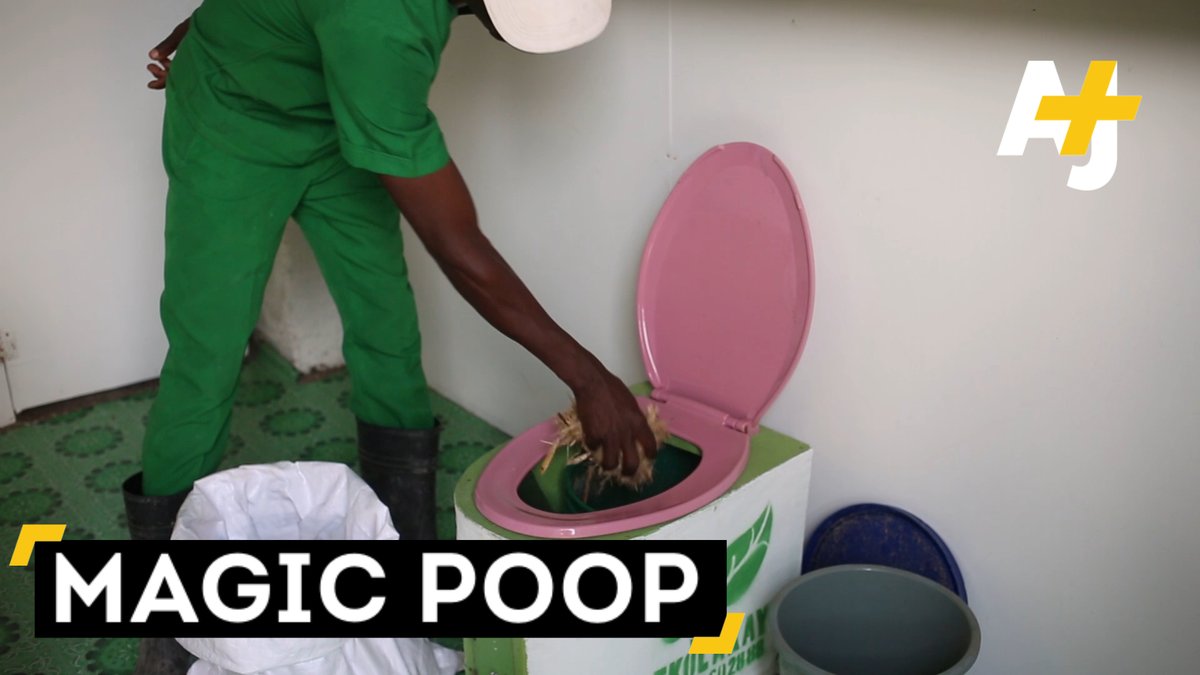Haiti is fighting cholera by turning human poop into rich fertilizer.
It’s a modern-day alchemy that is, on a small scale at least, helping Haitians turn something deadly into something valuable.
“If we can take all the poop that’s making people sick right now,” said Dr Sasha Kramer as she stuck a thermometer into a large mound of faecal waste in the middle of Troutier, Port-au-Prince’s city dump, “and turn it into this really valuable resource that could be used for reforestation or for increased agricultural production, then you really take a problem and turn it into a solution.”

Every week, Soil (Sustainable Organic Integrated Livelihoods) collects the human waste from 56 dry toilets built in camps for displaced earthquake victims, and mixes it with chips of sugar cane bagasse, a byproduct of local rum production. It’s plenty hot,” said Kramer, pointing to the thermometer needle at 60C (140F).
“Cholera would be dead in less than a second.”
Haiti is trying to fight what has exploded into the worst cholera epidemic in modern history, with 57% of global cholera cases last year concentrated on this tiny half-island. Cholera is an easily treatable, yet deadly, waterborne disease that spreads through faeces-infected water.
Dry-compost toilets are a low-cost way of preventing human waste from infecting lakes and streams in a country without proper water supply and sewerage.
The Haitian government recently built several sewage treatment plants that process traditional pit latrine waste in open-air stabilisation ponds.
It and sewage treatment companies such as Jedco are experimenting with the alchemy of transforming a potentially deadly substance into a rich and much-needed fertiliser.
In order to treat human waste safely and kill pathogens, the waste must sit for at least seven days at 50C, according to the World Health Organisation. After six to nine months, the potentially toxic waste is transformed, with low carbon emissions, into fertile soil, simultaneously helping to fight cholera and deforestation, and revive food production.
In order to treat human waste safely and kill pathogens, the waste must sit for at least seven days at 50C, according to the World HealthOrganisation. After six to nine months, the potentially toxic waste is transformed, with low carbon emissions, into fertile soil, simultaneously helping to fight cholera and deforestation, and revive food production.
Banana, papaya, cashew and other trees have been planted in the allotments between compost bins to demonstrate how the compost can be used to rehabilitate damaged environments. – Continue Reading On The Guardian






























